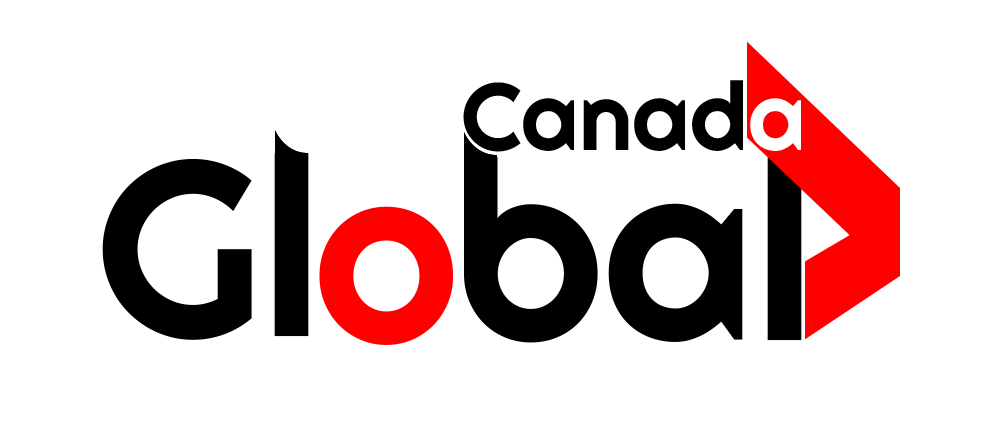
Canada Global Tv: Billionaire Elon Musk has established himself as moderator-in-chief of one of the most significant social media sites in American politics, Twitter, days after acquiring control of the platform and one week before the US midterm elections.
Musk has stated that he will wait to form a “content moderation council” with a range of perspectives before making any significant judgments about material or restoring banned accounts. However, his own actions as a frequent tweeter have shown otherwise.
He has had direct conversations with political personalities on the right who are pushing for fewer restrictions, including a Republican running for secretary of state in Arizona who credited Musk with giving him the opportunity to resume tweeting after his account had been temporarily disabled.
Even more, Musk updated his profile to read “Twitter Complaint Hotline Operator” and added a picture of himself as a little child holding a phone. However, it is nearly impossible for anybody outside of Twitter to understand what he is up to or which accounts have been suspended given that the firm no longer responds to media inquiries, with the exception of the ones that Musk tweets out.
On his first full day as Twitter’s owner last week, Musk began the anticipated interventions. The site is accused of secretly degrading conservative opinions and favouring liberal voices, according to a conservative political podcaster. Twitter’s prior administrators have dismissed this accusation as untrue. Musk said, “I will be diving in more today.
One of Musk’s first significant actions was an open letter to advertisers, Twitter’s main source of income, in which he vowed to prevent the platform from degenerating into a “free-for-all hellscape” as he carried out his promises to support free expression. And as a method to diversify earnings, he suggested charging consumers $8 for the coveted verified blue check mark.
On the platform, the check mark has come under fire as an elitist sign. However, its main objective has been to confirm that prominent figures, including journalists, brands, and politicians, are who they claim to be. It has served as a tool to stop impersonation and slow the spread of false information.




